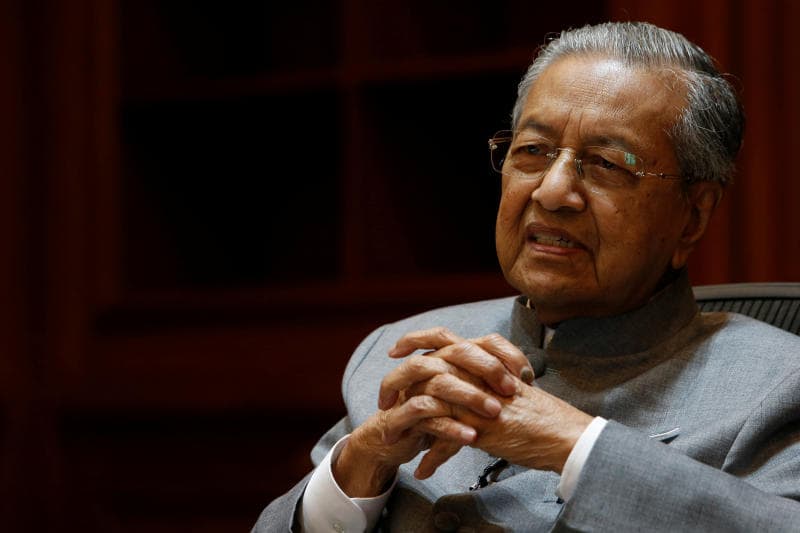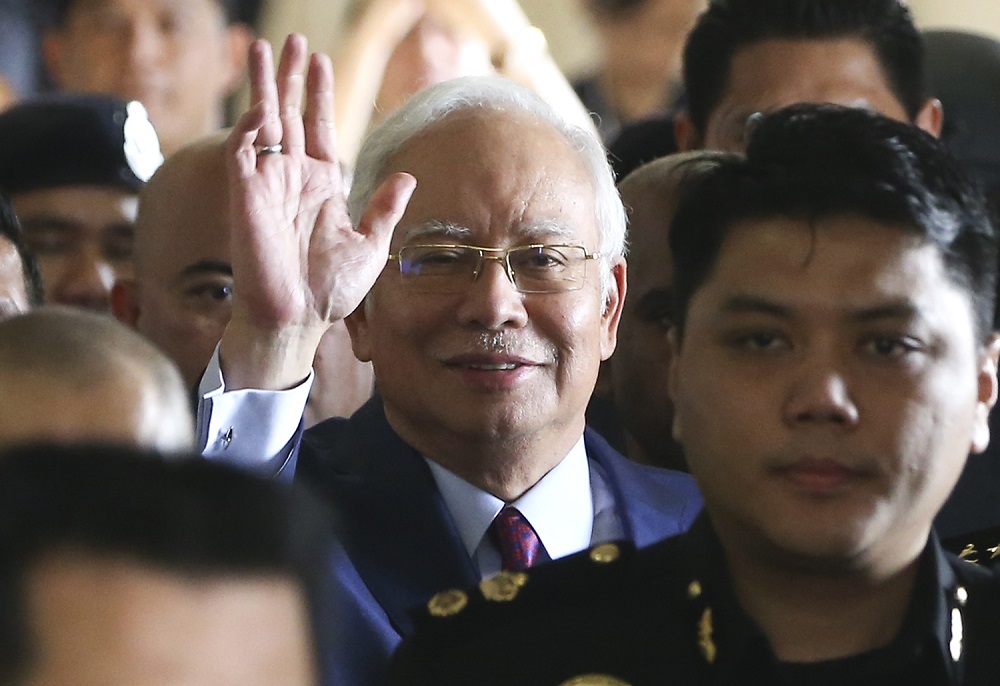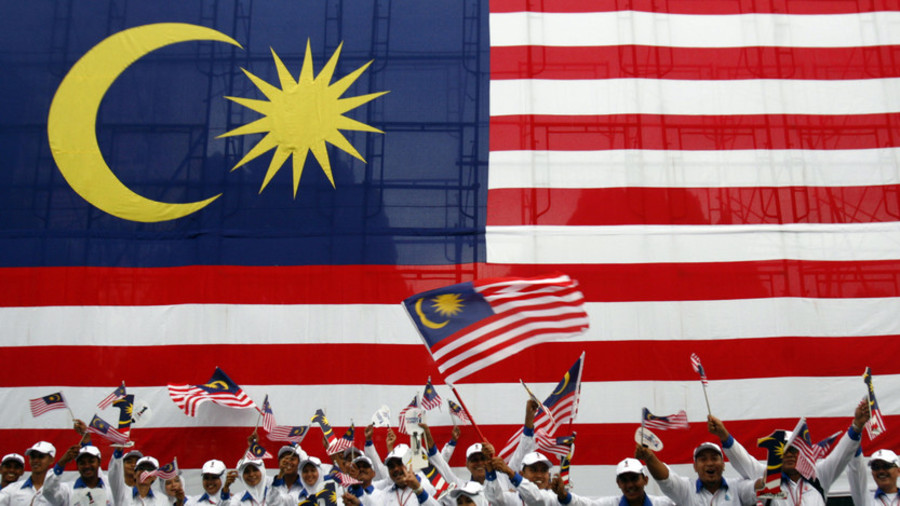Do what you’re told!
Many of us are taught that from a young age. Follow the rules. Don’t talk back. Respect your elders. It’s all very necessary for a child who’s learning to navigate the world, but as adults, we are usually better served by balancing obedience with that occasionally nagging voice in the back of our minds.
Up until recently, that balance has been in short supply in Malaysia’s political circles. But that may be changing, and not a moment too soon. Here, the very office of Prime Minister has been almost venerated beyond question in the past. Indeed, it seems fairly certain that Pakatan Harapan’s historic win in GE14 was due in no small part to Tun Dr Mahathir’s rock star status, and, to perhaps an equal extent, Anwar Ibrahim’s devoted following. But this level of status and power comes with liabilities, too.

After assuming office as Malaysia’s once and again Prime Minister, Mahathir made good on a number of PH’s campaign promises, and continues to inspire and impress at the age of 93. The top spot in government here in Malaysia comes with an enormous amount of clout, something that Mahathir himself cultivated significantly during his first tenure as Prime Minister, when he was widely seen as a fairly autocratic leader. There are some encouraging signs that, at least to a degree, he is now trying to walk back some of that consolidation of power, perhaps having now recognised the vast abuse that it can engender. Former premier Najib Razak, as a key example, was not only the Prime Minister, but chaired the 1MDB board, held several other advisory posts, and of course was also Malaysia’s Finance Minister. That’s an incredible amount of power for one person to wield, and as the old saying goes, “If you want to reveal a man’s true character, give him a bit of power.” Well, it’s safe to say the power was granted… and the character was revealed.
Perhaps it’s because of the staggering levels of corruption, misappropriation of public funds, and abuse of power that became apparent during the previous administration (and are now seeking to be proven in court), the days of unquestioning obedience to those seated at the levers of power are starting to fall away. We are starting to see it even now, as not only everyday people in society, but also younger MPs and those in the various political parties push back when they, don’t fully agree with their leaders. Witness the resistance to Mahathir’s rekindled desire for Malaysia to have yet another ‘national car.’ Not only are netizens wondering aloud on comments boards why the Prime Minister seems so obsessed with this idea, particularly given Proton’s track record and ultimate fate, but some PH politicians are also openly disagreeing.
This is encouraging, not because of the specific issue in this instance, but because a free exchange of ideas and debates over disagreements is critical for any healthy democracy. Absent that, it becomes government by fiat and more closely akin to an autocracy. This was indeed the direction in which Malaysia seemed to be heading until the stunning results of the election. Old habits die hard, though, and the change that so many Malaysians clearly crave will likely not happen overnight. But it can be done, and we need look no further than Hong Kong for evidence of this. Once a society plagued with corruption and cronyism, Hong Kong decisively cleaned up its act, and now is one of a handful of Asian countries setting the benchmark for transparency and ethics in business and governance. Is it perfect? Of course not. But it’s certainly a far cry from the old days, and that alone is laudable.
Throughout history, blind obedience to authority has led to considerable suffering. “I was only following orders” has been used to excuse and cover a shocking array of events and practices. While obeying orders is of course frequently desirable, particularly in a strict hierarchy or military ranks, it’s also true that even in these instances, there can be value in questioning something when it seems wrong.

Clearly a lot of people went merrily along with the previous administration, either wilfully ignoring the misdeeds or actively aiding and abetting them. And even though the accumulation of expensive handbags and diamonds by a certain Prime Minister’s wife was almost a bit of a joke that everyone was in on, once the sheer scale of the plundering became known, the shock was palpable. Over a billion ringgit worth of purses, jewellery, and luxury goods, accompanied by literal piles of cash totalling well over a million ringgit. Najib tried to convince people that these mountains of house-priced handbags and shiny baubles were merely gifts from world leaders and political benefactors, a notion that is utterly laughable on its face. (Funny how all these gift-givers had such specific and identical tastes in branded luxury purses!) Similarly, the attempted explanation that RM114 million in cold, hard cash in over two dozen different currencies was simply UMNO’s election funding left over from GE14 strains credulity, to put it mildly. I don’t know of many legitimate political parties that keep their election funds in cash, stored in suitcases and bags heaped on the floor of a luxury condo. And this doesn’t even take into account the spending sprees by other parties to 1MDB (namely Najib’s stepson, Riza Aziz and Malaysian businessman Jho Low), such as the staggering sums spent on luxury homes in the US, artworks, and jewellery, along with one well-known superyacht and even a private jet. Of course, none of this has been proven in court yet, but it seems all but certain that such a day will come. The mind simply boggles at the scope of this unbridled kleptocracy, and one can’t help but wonder how it was allowed to go on for so long.
Part of it is down to the control and power Najib managed to consolidate. And some of it is because not many people openly questioned that was going on. And perhaps that was understandable, because those very few who did question things or looked to go public were removed from office, or possibly worse. Reports from various sources also suggest that with such an enormous amount of money in play, there was plenty available to use for the purpose of bribes and hush money. The upcoming criminal trial of the former Malaysian premier promises to reveal even more shocking facts, and will no doubt keep the country’s attention, though it will almost certainly drag on for many months.
The 1MDB scandal is one of the sorriest chapters in Malaysia’s history, and though the bleeding has apparently been stopped, there is still a long way to go to sort everything out. Without question, Najib’s legacy will be forever intertwined with 1MDB, a scandal-plagued sovereign wealth fund which opened the floodgates to corruption and theft seemingly on a scale that even legendary kleptocrats like Marcos and Suharto could have only dreamed about. Despite his repeated insistence that he “did nothing wrong,” the court of public opinion has rendered its verdict on Najib quite decisively. Now facing a host of charges ranging from abuse of power to money laundering, it remains to be seen how a court of law will judge him.
"ExpatGo welcomes and encourages comments, input, and divergent opinions. However, we kindly request that you use suitable language in your comments, and refrain from any sort of personal attack, hate speech, or disparaging rhetoric. Comments not in line with this are subject to removal from the site. "























